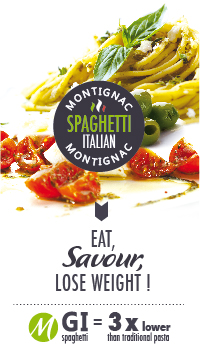By Michel Montignac
Maternal Breast Feeding Can Reduce the Risk of Childhood Obesity
Studies carried out during the past few years (*) have shown that maternal breast feeding is an important factor in reducing risks for children to develop obesity.
According to the British Medical Journal, children who are breast fed from three to six months have 50% less risks of becoming obese. Children who are breast fed for at least a year (something which was still done 50 years ago) only run a 1% risk of becoming obese.
The question is if this presentation of breast feeding as superior to the baby bottle is not just another hypocritical way to appease powerful industrial milk lobbies.
The fact is that studies and comments on the subject all emphasize the advantages of breast feeding but they do so as if breast-milk substitutes were the norm.
Why don’t we have the courage to denounce this artificial substitute (even maternal substitutes) for what it is: a dangerous and risky habit which puts our children’s future in the balance?
It has been widely proven that bottle feeding makes our children’s future health much more vulnerable to allergies, infections, and even to juvenile diabetes (type I).
The fact that more and more studies show that children who are fed on industrial cow milk substitutes incur high risks of eventually becoming obese, should be warning enough to make us think about Darwin’s finding according to which animals do not naturally feed on milk other than that of their own species.
(*)
" Breastfeeding and obesity : cross sectional study "
Von Kries R. British Medical Journal, 1999; 319.
“Childhood predictors of adult obesity”: systematic review”
Parsons T.J. Ints.J.Obes.Relat.Metab.disord., 1999, 23 (suppl.8)
“Epidemic of obesity in UK children”
Reilly J.J. Lancet, 1999,354.
“Breastfeeding may help prevent childhood overweight”
Dietz W.H. Jama, 2001, 285.
“Breastfeeding and lowering the risk of childhood obesity”
Armstrong J. Lancet,2002,359.
Top of page




